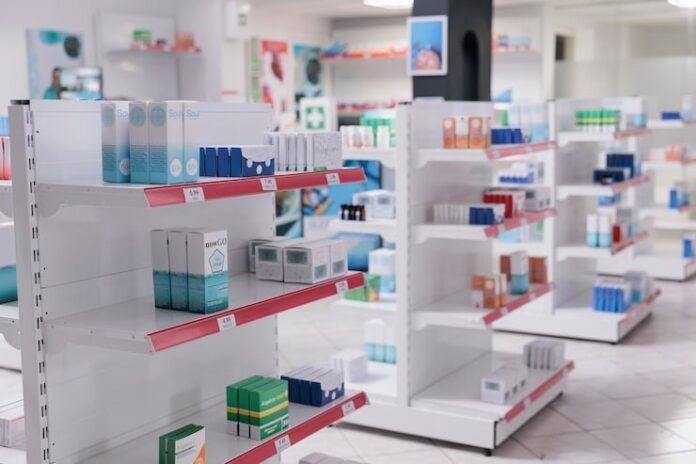BENGALURU:
The Karnataka government is planning to introduce third-party inspections for manufactured drugs on a voluntary basis, as its earlier proposal to establish an independent agency for mandatory quality checks has encountered regulatory challenges. The initiative comes after several city pharmacists appealed for the creation of a drug-quality regulation mechanism under the Quality Council of India (QCI), a public-private partnership that already oversees standards in sectors such as construction, jewellery, and finance.
If implemented, Karnataka could become the first state in India to adopt such a system. Officials, however, clarified that any formal rollout will depend on amendments to the Drugs and Cosmetics Rules, 1945, by the central government. “Till the time we get the Centre’s consent, we plan to begin voluntary inspections,” said Harsh Gupta, Principal Secretary, Department of Health and Family Welfare. “Once the rules are amended, we can make it mandatory for manufacturers to get their products assessed by an accredited agency once every one to three years.”
The move follows growing concerns about drug safety and accountability. In a recent letter to both central and state health departments, the Bangalore District Chemists and Druggists Association (BDCDA) urged the creation of a nationwide drug-quality testing framework. The association’s appeal cited the recent tragedy involving contaminated cough syrup that caused the deaths of 23 children, noting that such incidents are often followed by blame games between state and central regulators rather than meaningful systemic reforms.
While the BDCDA welcomed the government’s initiative, it emphasised that voluntary testing should eventually become mandatory to ensure nationwide compliance and consumer confidence. Officials believe that third-party certification will not only improve drug safety but also enhance manufacturers’ credibility in domestic and export markets.
“We can’t change everything overnight, but this is a step in the right direction. I think this will also help manufacturers earn more credibility and market advantage while we improve quality standards for medicines we sell,” said B. Thirunavukkarasu, President, BDCDA.



